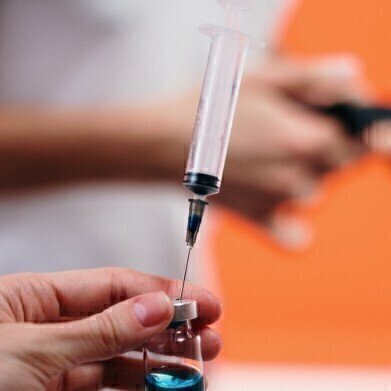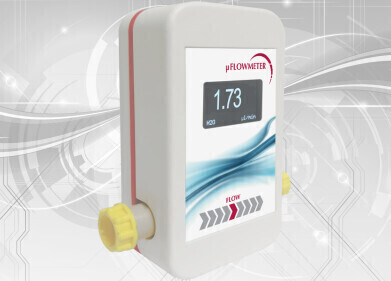LC-MS
Can COVID-19 Be Detected from a Skin Swab Sample Using Chromatography?
Apr 14 2021
Corona virus disease 2019 (Covid-19) originated in Wuhan, China in December 2019. The disease, caused by a virus known as SARS-CoV-2, was classified as a pandemic by the World Health Organization; by April 2021 there had been over 130 million cases causing over 1.8 million deaths.
Mass testing has been identified as one of the key components of the strategy to contain outbreaks and reduce the impact and hospitalisations due to the disease. Several tests have been used to test for SARS-CoV-2 with the polymerase chain reaction used to detect SARS-CoV-2 viral RNA considered the gold standard. But researchers in the UK have published a paper in Lancet E Clinical Medicine reporting on a non-invasive skin swab test for Covid-19. And chromatography was key to differentiating positive and negative results.
Polymerase is the gold standard
The most widely used test for Covid-19 is the polymerase chain reaction test. A swab is taken from the throat and/or nose and taken to a laboratory. Enzymes such as reverse transcriptase and DNA polymerase are added to the sample to make more copies of the viral RNA that is present in the sample. The samples are then tested using chemicals that attach themselves to the genetic code of the virus and can then be detected.
But PCR tests are invasive and can be very labour intensive featuring many stages where mistakes and contamination can occur. This is one of the reasons why scientists are searching for alternative tests; ones that are quick and simple and can be performed and reported in a non-lab environment. This is particularly true if coronaviruses are going to be around for several years and we need the capability to quickly test a population.
Chromatography proves the swab test capability
The team behind the research referenced above collected sebum samples from 67 patients in hospital - 30 who had tested positive for Covid-19 and 37 who had tested negative. The samples collected contained sebum – an oily substance produced by glands in the skin – from areas like the face, neck and back. The samples were tested using liquid chromatography-mass spectrometry. The use of chromatography to quickly and reliably test samples is discussed in the article, The Only Thing Faster Than Ultra-Fast Is Instantaneous.
The team found that patients with a positive Covid-19 test had lower lipid levels than the negative control samples. Matt Spick, co-author of the study from the University of Surrey, said: "COVID-19 damages many areas of metabolism. In this work, we show that the skin lipidome can be added to the list, which could have implications for the skin’s barrier function, as well as being a detectable symptom of the disease itself."
The work shows that a simple, non-invasive test could show promise as a diagnostic tool for coronavirus diseases in the future. Furthermore, the test is simple and could be used in both a healthcare and non-healthcare setting.
Events
Jan 20 2025 Amsterdam, Netherlands
Feb 03 2025 Dubai, UAE
Feb 05 2025 Guangzhou, China
Mar 01 2025 Boston, MA, USA
Mar 04 2025 Berlin, Germany












